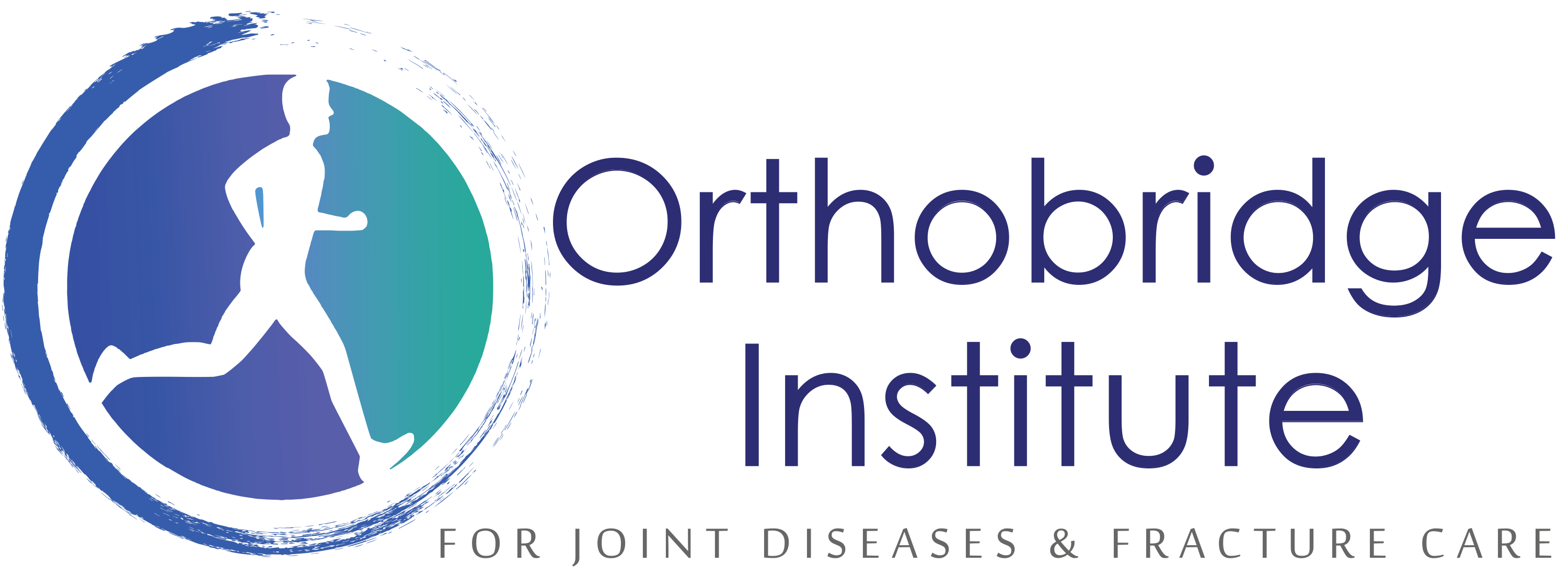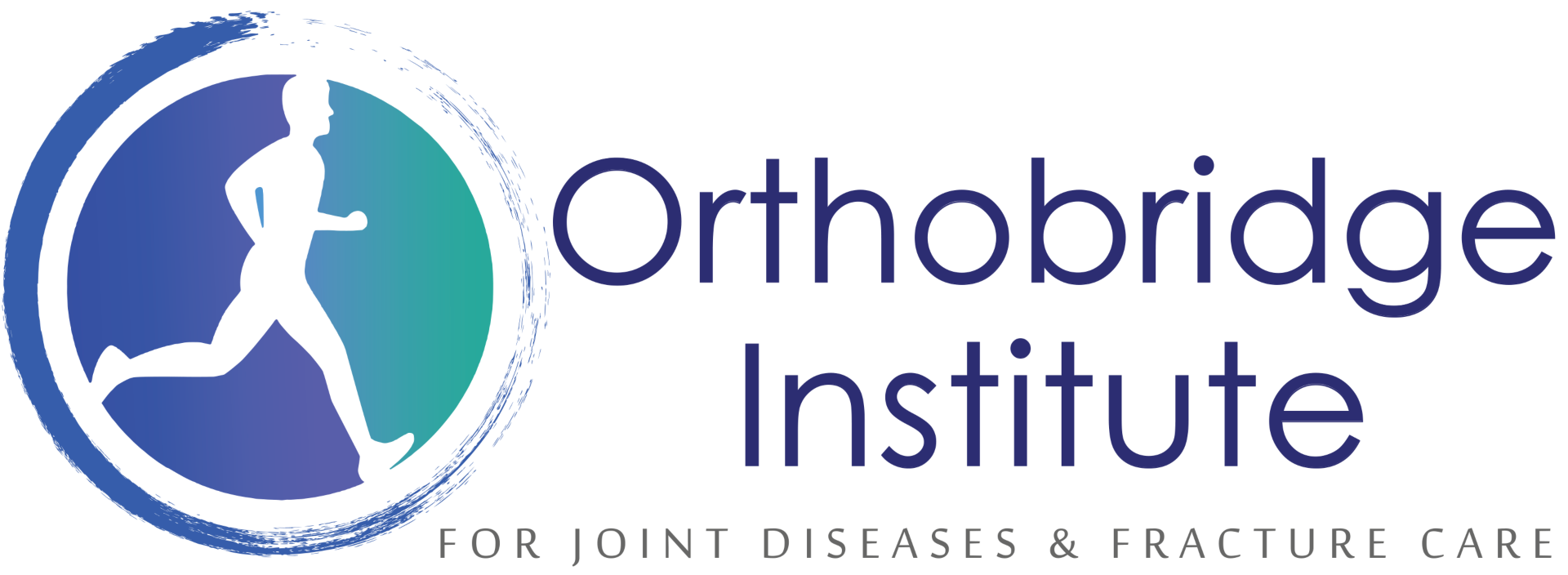Fractures in Children
Pediatric orthopedist in Kenya at Orthobridge Orthopedic Centre is committed to excellence and strives to provide the highest quality of orthopedic care in children.
Outstanding Care for Fractures in Children
Among the most common injuries to the hand and wrist in children are broken bones, also known as fractures.
Their bones have a different consistency and quality, like soft, fresh wood, as compared to when we age, our bones become more dried-out and brittle.
Because children are still growing, their injuries need different evaluation, and sometimes different treatment offered compassionately at Orthobridge Orthopedics Centre in Nairobi, Kenya.

Falls are another common cause of injury. Fractures may occur in sports from falls, twisting, or direct blows or impact to the hand or wrist.
What is a fracture?
Fractures are classified as either open or closed.

An open fracture, also known as a compound fracture, occurs when the broken bone breaks through the skin. Open fractures are rare but have a risk of infection if not treated appropriately.
A closed fracture, also known as a simple fracture, occurs when the bone is broken, but the skin is still intact.
What Types of Fractures Occur in Children?
Below is a listing of the common types that may occur in children:
Simple fractures: These are fractures in which the broken pieces of bone are well aligned and stable.
Unstable fractures: In these fractures, fragments of the broken bone are misaligned and displaced.
Open (compound) fractures: These are severe fractures in which the broken bones cut through the skin. This type of fracture is more prone to infection and requires immediate medical attention.

Green-stick fracture: This is a unique fracture in children that involves bending of one side of the bone without any break in the bone.
Supracondylar fracture: Most common fracture (> 50% of fractures) around the elbow in children.
Distal radial Fracture: The usual mechanism is a fall on the outstretched hand with the wrist in extension.
Galeazzi Fracture: The distal radio-ulnar joint dislocates with a fracture occurring at the junction of distal 1/3rd and middle third of the radius.
What are the symptoms of a fracture?
The following are the most common symptoms of a fracture. However, each child may experience symptoms differently.
Symptoms may include:
- Pain in the injured area
- Swelling in the injured area
- Obvious deformity in the injured area
- Difficulty using or moving the injured area in a normal manner
- Warmth, bruising, or redness in the injured area
The symptoms of a broken bone may resemble other conditions. Always consult your child’s doctor for a diagnosis.

How is a fracture diagnosed in a child?
The doctor makes the diagnosis with physical examination and diagnostic tests. During the examination, the doctor obtains a complete medical history of the child and asks how the injury occurred.
The procedure of the diagnosis may include:
- X-rays
- Magnetic resonance imaging (MRI). This test is done to rule out any associated abnormalities of the spinal cord and nerves.

- Computed tomography scan (also called a CT or CAT scan). A CT scan shows detailed images of any part of the body, including the bones, muscles, fat, and organs.
CT scans are more detailed than general X-rays.
How are fractures in children treated?
The goal of treatment is to control the pain, promote healing, prevent complications, and restore normal use of the fractured area.
Specific treatment for a fracture will be determined based on:
- Your child’s age, overall health, and medical history
- The extent of the fracture
- Your child’s tolerance for specific medications, procedures, or therapies
- Expectations for the course of the fracture
- Your opinion or preference

Treatment options for fractures in children may include:
- Splint or cast – This immobilizes the injured area to promote bone alignment and healing to protect the injured area from motion or use.
- Medication – for pain control.
- Traction -Traction is the application of a force to stretch certain parts of the body in a specific direction.
Traction consists of pulleys, strings, weights, and a metal frame attached over or on the bed.
The purpose of traction is to stretch the muscles and tendons around the broken bone to allow the bone ends to align and heal.
Does your child need surgery for a broken bone?
Many kids who suffer from fractures do just fine with a simple cast, but sometimes, a child may need an operation to help the fracture heal the right way and put the bones back into place
Your child might need surgery if :
- The bone pieces need help staying together. In surgery, pins, screws, or plates are used to hold the bone in place.
- If your child’s fracture disrupts a smooth joint surface, it may not heal the right way without an operation.
- Bone fragments break through the skin. If your child has an open or compound fracture, there may be extra damage to muscles, tendons, and ligaments. This causes a higher risk of infection.

Preventing fractures in children
Sometimes injuries can be prevented, and sometimes not.
- Help children avoid dangerous situations and protect them from falls.
- Prevention from slamming their fingers in doors or putting their hand in exercise equipment or in machinery is important.
- Protective gear may play a role in preventing some hand injuries in children. Wrist guards may lessen the impact of injury in rollerblading.
- In athletes, prevention of injuries may include the use of appropriate equipment and supervision.
Successful Pediatric Surgery Story
Watch as Col (Dr) Adari treats a young athlete at Gertrude’s hospital in Nairobi, Kenya.
Our Affiliations





















